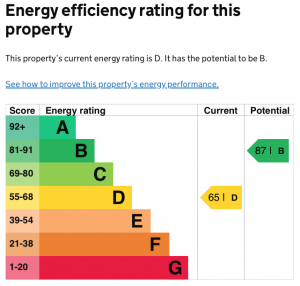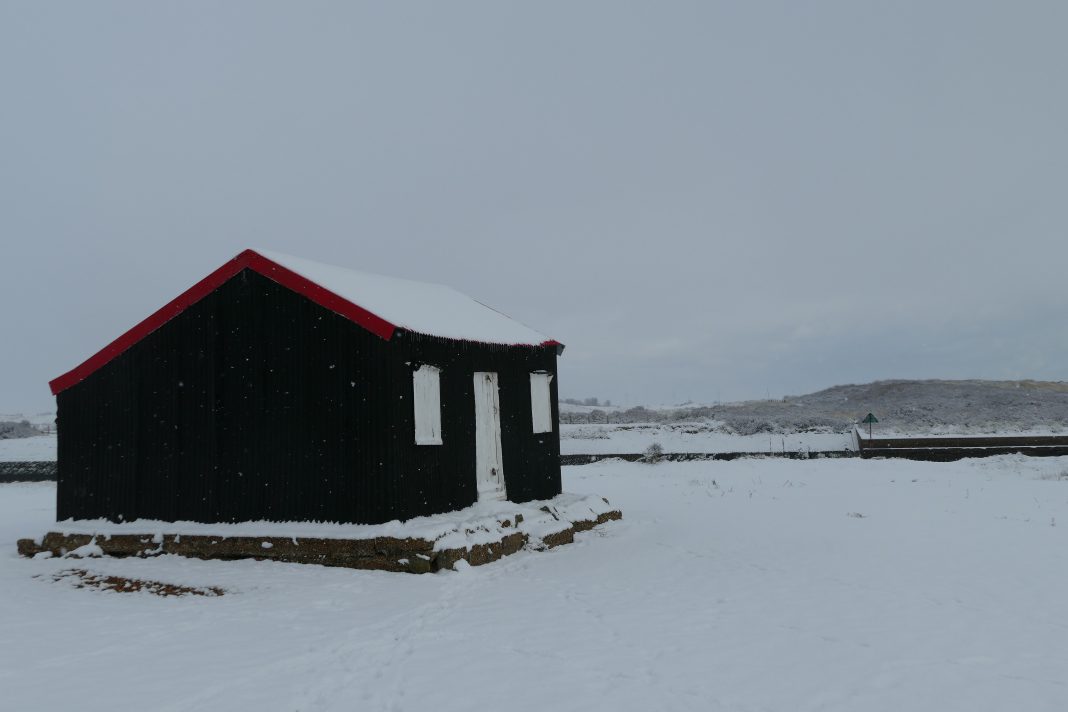Cutting energy use and helping the climate
It’s a nightmare, the smart meter dial is whizzing around, and many have hard choices between heating and eating, not what you’d expect in a developed economy. In this situation it’s hard to acknowledge, let alone do something about, climate change. However, it’s all connected.
As reported in The Guardian, heating your home is probably the most carbon intensive thing that you do after travel. Reducing energy use helps our planet and our heating budgets. So, we can and must try to win on both counts.
This is the first of a series of articles looking at improving home heating by:
- Reducing consumption through the optimisation of your current heating system
- Investing where possible in cost effective energy reduction
- Planning for the future when a heating system requires replacement
Optimise your heating system
The government has just launched the “it all adds up” initiative to reduce energy consumption The website lists a range of activities that, if implemented, could save many hundreds of pounds a year. This provided a good backdrop to my recent wide-ranging discussion with Patrick Feist, sustainability champion for SJ Feist & Co, a heating and plumbing company headquartered in Hastings.
Patrick started from a similar approach, saying that every household (or business) needs to optimise existing heating systems. This requires understanding your heating and hot water set up and then tweaking it to reach the optimum balance between energy use and a liveable environment. This includes adjusting boiler temperatures and turning down room and radiator thermostats, especially in rooms you use less often. In terms of the much-advertised boiler temperature reduction, you do need to be aware that this applies to combi boilers only, those that offer the ability to have different temperatures for your heating and hot water systems. However, it is important to remember that hot water should always be kept above 65C to avoid potential water contamination issues, but radiators or underfloor heating can run at lower temperature levels of around 50C. If you have a smart meter, you may be able to see what effect these adjustments have on your daily / weekly energy consumption.
As well as helping to address the rapidly rising energy costs that we are all facing, reducing energy use also has a significant impact on carbon emissions. Small savings, when spread across all users, can make a big difference to energy use in the UK. This can prevent the use of highly polluting coal power generation systems during peak periods of use. An example of this is Octopus Energy’s “saving sessions”, where consumers are asked to reduce energy use at peak demand times in exchange for small energy bill reductions.
Implement improvements

Alongside the government’s wide range of energy saving suggestions and ways to assess potential improvements in your home, Patrick also proposes using the energy performance certificate (EPC) to help plan for cost effective investments to reduce energy use. Much like the multi-coloured sticker on new appliances, EPCs tell you how energy efficient a building is and give it a rating from A (very efficient) to G (inefficient). It will also tell you how costly it will be to heat and light your property, and what its carbon dioxide emissions are likely to be. Even if you rent your home, you could still implement some improvements noted on the EPC, such as switching to more energy efficient light bulbs, of course only when the previous bulbs fail.
You can find an energy certificate through your postcode. If you do not have one you can also get a new energy certificate, but this requires the use of a professional assessor.
An EPC also includes information on what the energy efficiency rating could be if you, or your landlord, made the recommended improvements and highlights cost-effective ways to achieve a better rating and help reduce energy use. Currently 60% of UK housing falls in the D-G categories.
Loft and wall insulation, along with double glazing are the most effective ways of reducing heat loss, with the potential of saving £100s per year. UK homes are some of the worst insulated in Europe. According to Statista, as of two years ago only 39% of houses had loft insulation and less than 50% wall insulation. Of course, improvements require investment and these need to be made with cost effectiveness clearly in mind. Depending on your circumstances, help with insulation may be available through the ECO4 scheme. If you are be considering transition to a new type of heating system, you should be aware that boiler upgrade grants are not available unless you have followed the EPC recommendations for loft or cavity wall insulation.
Plan for the future
Ultimately, we all need to reduce energy consumption, for both cost and environmental reasons. In the short term, there are many small changes that can be made to at least optimise your heating systems and help reduce use. If possible, some investment in insulation will also help long term energy use.
More significant heating system changes, perhaps through solar or a new type of heating system, will be addressed in future articles.
Further energy reduction information is also available from the Energy Saving Trust.
Image Credits: Kt bruce .



